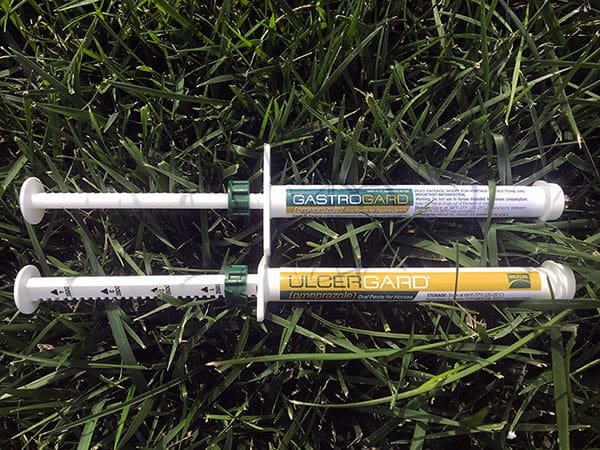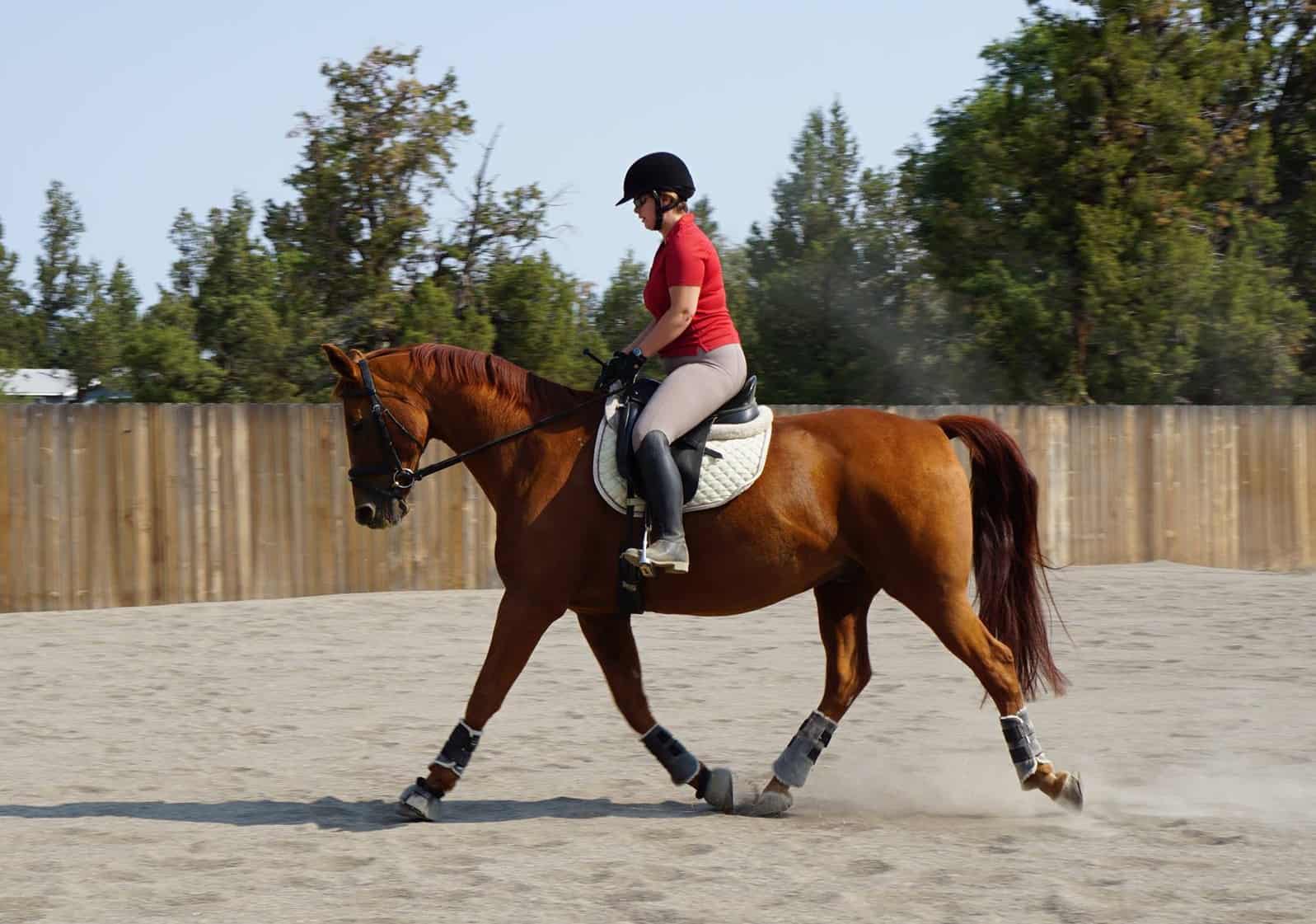Equine Gastric Ulcer Syndrome Basics
Learn about the risk factors associated with horses getting gastric ulcers, as well as diagnosis and basic management and treatment.
- Topics: Diseases and Conditions, Hay, Horse Care, Media, Nutrition, Slideshow, Sports Medicine, Sports Nutrition, Ulcers, Weaning
Share
ADVERTISEMENT

At Risk: Performance and Racehorses
Studies have found that up to 93% of performance and racehorses have equine gastric ulcer syndrome (EGUS). | Photo: Thinkstock
At Risk: All Domestic Horses
However, all domestic horses are at risk. Studies show between 11-37% of recreational riding horses also have EGUS. | Photo: iStock
Risk Factor: Weaning
An estimated 50% of foals and weanlings have gastric ulcers. Weanlings are susceptible due to the stress of being separated from their dams, as well as from changing diet during this life stage transition. | Photo: Anne M. Eberhardt/The Horse
Risk Factor: Highly Concentrated Diets
Grain-based diets with large, infrequent meals that are highly concentrated put horses at risk for EGUS. | Photo: Anne M. Eberhardt/The Horse
Risk Factor: Transportation
The stress of travel can be a contributing factor to EGUS in horses. | Photo: Anne M. Eberhardt/The Horse
Definitive Diagnosis
Gastroscopy is the only definitive way to tell if a horse has gastric ulcers. | Photo: UC Davis Center for Equine Health Horse Report
Forage First
The equine digest system is designed for foraging and grazing. Slow feeders or haynets can help lengthen the time horses spend eating, which can be an effective strategy for managing EGUS. | Photo: Courtesy Dr. Krishona Martinson/University of Minnesota Report
Forage First
Forage-based diets with frequent feedings are best for reducing EGUS risk. | Photo: Thinkstock
Alfalfa as an Antacid
Alfalfa is high in calcium, which can buffer stomach acid and offer relief for horses suffering from EGUS. You can feed alfalfa in hay, pellet, or cube form. | Photo: iStock
Prevention and Treatment
Ulcergard and Gastrogard (omeprazole) are the only FDA-approved products used to prevent and treat EGUS, respectively. | Photo: Erica Larson/The Horse
Share

Michelle Anderson is the former digital managing editor at The Horse. A lifelong horse owner, Anderson competes in dressage and enjoys trail riding. She’s a Washington State University graduate and holds a bachelor’s degree in communications with a minor in business administration and extensive coursework in animal sciences. She has worked in equine publishing since 1998. She currently lives with her husband on a small horse property in Central Oregon.
Related Articles
Stay on top of the most recent Horse Health news with


















